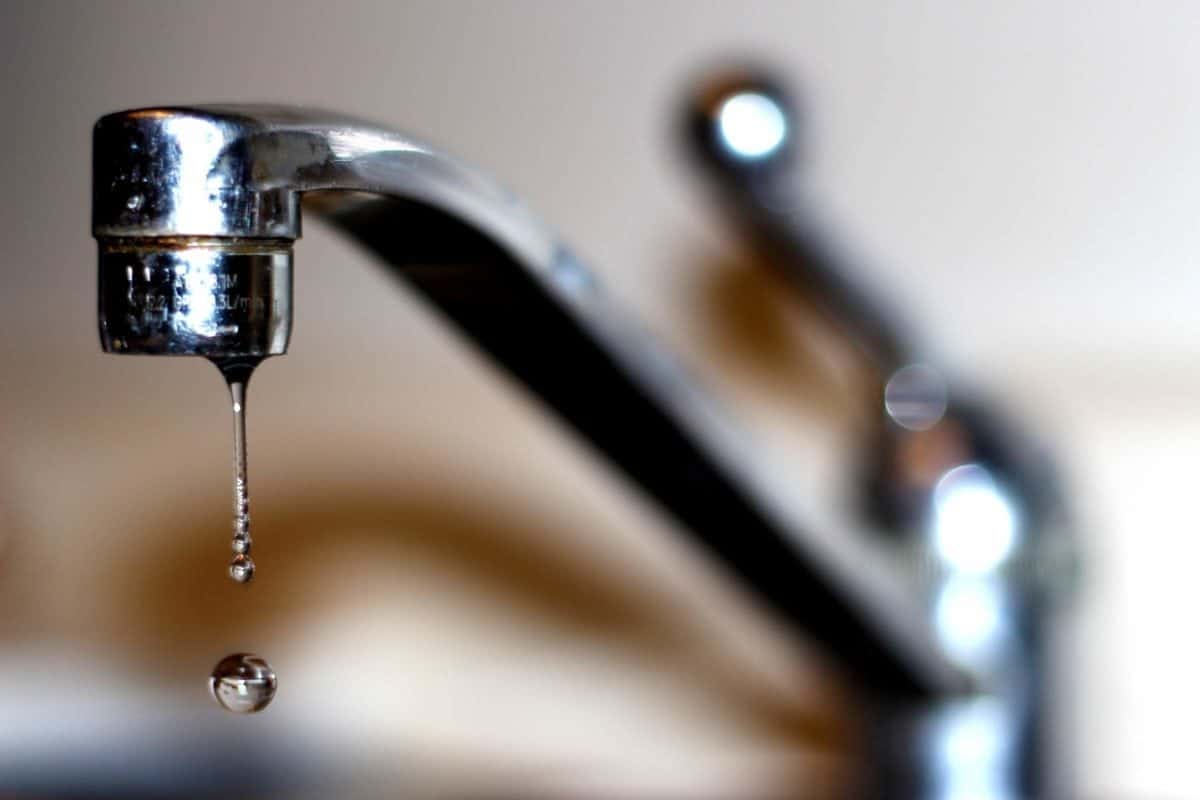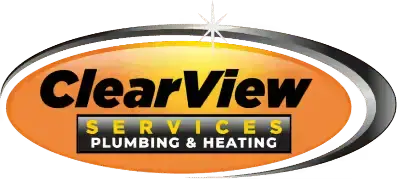Low water pressure can be a true annoyance, especially when you’re in a hurry to take a shower and get out the door, or when you’re tired and just want to get the dishes washed and rinsed and out of the way. Many homeowners are living with low water pressure and other water problems, but many of them don’t know that there are ways to fix them or even prevent them from occurring in the first place:
- “City Water” With Low Pressure
Most folks have what is known as “city water” or water that comes from their local water company. Underground, in the main lines, the water pressure of municipal water is extremely high. Because of friction, the water loses a significant amount of pressure between the main water line and your home’s water lines. And then it loses even more pressure between the spot where it enters your home and the faucet where it comes out into your sink or tub. As a rule, the smaller the pipes that the water has to move through, the more friction you can expect. If you are experiencing low water pressure when the water reaches your faucet, it usually means that there is too much friction somewhere between the main line and your faucet.
Often, excess friction is caused by pipes that are too small. Half-inch pipes create more friction than three-quarter-inch pipes or pipes that are an inch in diameter. If your plumbing system is made up of half-inch pipes, replacing the ones that can be easily accessed with larger pipes can make a big difference in your water pressure, and paying a plumber to come in and replace all of the pipes with larger pipes will make a huge difference. People who are in the process of building a new construction should always go for the extra expense of larger pipes in order to avoid low water pressure problems.
- “Well Water” With Low Pressure
Homes where the water supply comes from a well as opposed to a municipal water source use a water pressure tank to regulate pressure. These homes can have many of the same problems that are experienced with “city” water, but can also have unique problems, also, such as the tank being too small to provide adequate pressure when water is being used in more than one part of the home. Low water pressure can also be caused by a leak. If you have well water and the pressure is low, you may need to call a local plumber to check for leaks and to determine if the tank is the right capacity for your usage needs.
- Obstructions
And finally, low water pressure is sometimes caused by chemical or mineral buildup within the pipe, or by other obstructions. Often, water will leave calcium or other mineral deposits as it makes its way through your pipes. Over time, these deposits can stick to the pipes inside, reducing the clearance that the water has to flow through. You can easily see the buildup inside the pipe if you are experiencing this problem, so simply examining a section of pipe should be sufficient to determine if mineral deposits are causing your low water pressure.
There are special chemicals that can be used to break down this mineral buildup and then flush it on out into your sewer. If your water pressure has been historically good and then suddenly becomes too low, it is possible that the issue may be outside of your home with the main water line. In this instance, the water company should be contacted to resolve the problem.
Clearview Plumbing and Heating is a Calgary Plumbing and Heating company based in Calgary, Alberta, Canada which is available round the clock to carry out any type of Calgary plumbing or Heating job.
Call us at 587-912-1413.






